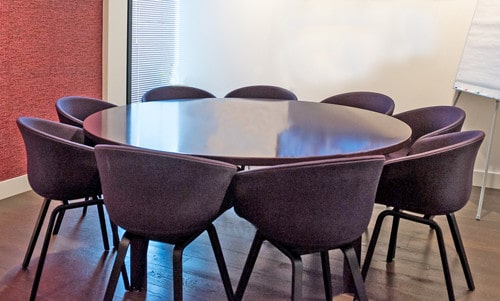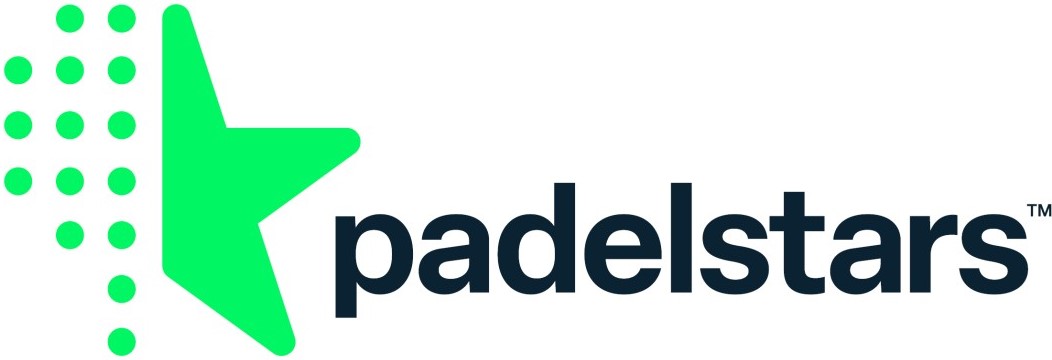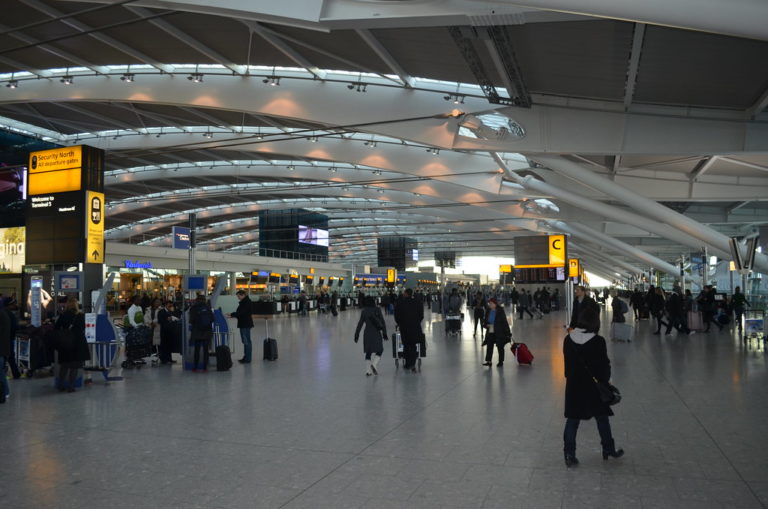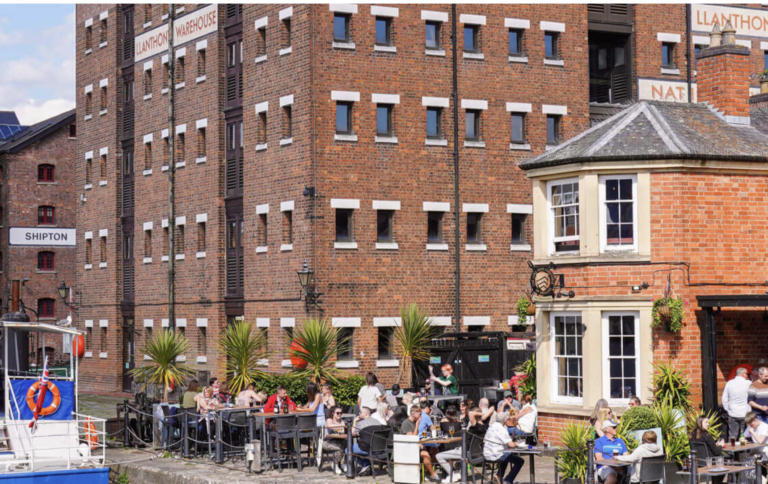Getting back on track – lessons learned from the lockdown

The Business Magazine invited a diverse line-up of business leaders, who have supported it over the years, to participate in this virtual roundtable to share insights on adapting to change and what a post-coronavirus workplace might be like.
In these unprecedented times, how businesses deal with the COVID-19 lockdown will determine the speed of economic recovery. The roundtable discussion provided a timely snapshot of the prevailing mood and began by looking at how businesses are using technology to handle life under lockdown.
Can you hear me?
Telecom service providers immediately found themselves at the centre of the storm of uncertainty unleashed 23 March 23 when prime minister Boris Johnson announced the COVID-19 lockdown. Independent business mobile provider Onecom’s Ben Dowd takes up the story: “We were initially inundated with requests from smaller businesses to cancel their direct debits with us. I think that was largely a knee-jerk reaction – the first thing many think is: stop cash flowing out.
“Over the following month we managed to get most back on track and reinstated the direct debits. There also was a surge in demand for unified communication services, mainly from medium and larger customers, to enable them to work virtually. It took about six to eight weeks for larger businesses to get fully mobilised. Smaller businesses are generally quicker to adapt to change – my hope is that they have the appetite to get the economy moving again.
“We managed to mobilise most of our 450 staff for lockdown by March 22. We had to buy extra laptops for our customer service and telesales staff, who don’t usually work from home.”
Like Onecom, telecoms equipment provider Redwood Technologies was busy. “We’ve been moving clients to home-working solutions, sometimes overnight. A lot of larger enterprises successfully moved entire contact centres to home working quite quickly,” said John Rees.
Of course, the switch to home working wasn’t a practical option for everyone. “About 40% to 50% of our clients are in the manufacturing and engineering sectors. They've probably felt the change more than others and are having to find different ways of working and re-purposing their operations,” pointed out Luke Hamm, CEO at GovGrant, which helps companies maximise government incentives around R&D.
Socially distant but still here
As we gradually come out of the lockdown, reducing the number of people in offices has to be balanced by demand from employees to return to them, as office design and fit-out specialists Morgan Lovell is finding out.
“I've been inspired seeing how our staff have embraced agile and remote working. To help our employees safely return to the workplace, we’re creating a post-COVID19 friendly office which complies with the recent Government guidelines; the office is managed using a strict booking system for all areas – workstations and meeting areas. While most of our people are enjoying working from home and feel both empowered and trusted, many yearn to meet up with colleagues again and collaborate – they miss the office environment,” said Colin Allan.
Design and consulting company Stantec is also taking a ‘hoteling’ approach to using its work space. But Paul Reilly asked: “Do you think people are returning to their offices just to ‘let off steam’ and will the majority soon prefer to settle back to working from home again?”
Allan didn’t think so. “To be brutally honest, the workplace will not return to normal, at least until there is a vaccine for coronavirus. Therefore, companies and organisations need to think about how workplaces can operate with adequate safety and social distancing. That will be different for each organisation. One thing we are seeing is a lot of new furniture products to help with social distancing coming onto the market.”
One drawback of remote working highlighted by both Allan and Crowe’s Bob Alsop is how it affects new joiners. “We've had issues with new starters having to work from home. On-boarding them with Zoom, Microsoft Teams and other platforms has been difficult. You feel remote just at a time when you want to shake hands and welcome them into the business,” said Allan.
Alsop added: “Imagine being a graduate just starting with a company and being told you’re going to be sitting at home working on your computer five days a week. They may think it’s not worth it.”
Transmission technology specialist Xtrac is currently manufacturing parts for ventilators. Its well-established apprenticeship programme has had to be adapted for social distancing requirements. Warren Page said: “We had to furlough some of our apprentices who had recently started as they hadn’t got the necessary developed skills to continue safely. We have social distancing of up to five or six metres for using our machinery, but training our apprentices is a challenge. Our provider Newbury College is doing an outstanding job on remote learning. Looking forward, we’re going to have to continue being a lot more proactive in our approach.”
For sales teams, social distancing in the workplace changes the high-energy dynamic that’s a key part of their role. Dowd said: “Think of all the banter and tribalism in sales teams, but then you go from 40 people in an office to seven. It's a completely different environment, and staff need to understand that it's not going to be like before.”
Office obsolescence?
As well as reducing headcount in offices, a bigger question is whether businesses will feel they no longer need an office at all. Like Twitter, companies may proclaim that their employees never need to work in an office again.
Giles Blagden at commercial property consultants Hicks Baker commented: “Enquiries for offices have been fairly non-existent. But I don't see people deciding what they want to do with their office space, or acquiring new space, for at least another three to six months. It's a very uncertain market place, although retail space seems to be a little bit more active.”
The pipeline of new-build office stock may also be constricted, as Mark Vincent at Amiri Construction observed: “We were asked by one developer to stop work on a new office building because the client that was going in found their productivity under the new home working regime had significantly increased. The feedback this client received from every level of staff is that they didn’t want to go back to the ‘bad old days’ of long commutes to the office.”
Blagden thought the pre-COVID-19 trend away from edge-of-town business parks back to town centres might now be reversed. “Companies have got to be able to satisfy staff that they're going to be safe if they wish to return to the office. I suspect there will be a focus back on business parks that people can drive to where they feel safer and more protected, rather than using public transport.”
Productivity v safety
Businesses are having to start making crucial strategic decisions about re-starting that don’t compromise employee wellbeing. Wearing facemasks could be a crucial factor. Blagden noted: “Countries like China and Hong Kong coped with the SARS epidemic and working in high-rise offices by making people wear facemasks. As well as facemasks, we probably need a vaccine before people start feeling safe and able to travel more freely.”
Adam Dowdney at IBB Law, agreed: “I think that's absolutely right. Also, the concept of presenteeism in the office is not going to be accepted anymore. We're very open to the fact that people can be judged on their output in different ways – how they are adding value as opposed to when they are working. I think that there is going to be a massive change regarding offices. One of the challenges we faced at the outset of the crisis was a fear of isolation and not having regular contact with your team, but technology can solve that to a certain extent.”
Like manufacturer Xtrac, Southampton Science Park has remained operational for practical reasons, as Robin Chave explained: “We have a lot of companies on the park who need to carry out daily laboratory-based work, so have been open throughout this period. We are doing what we can to make it as safe as possible. Office occupiers are also starting to come back now as well – they need and miss the social interaction. I think that to call the death of the office is a bit premature. We very much hope things will get back to normal, but it will take some time.”
Locked-in frustration
The stress imposed on businesses by the COVID-19 crisis was evident around the virtual roundtable. “I hate being locked at home,” Alsop confessed. “I would say about half our employees feel the same. One of my concerns is that people making decisions about returning to work are the ones who prefer to work at home. But for younger staff just starting their careers the social aspect of office life is important. Another concern is how you maintain your business culture with remote working. My fear is that your culture might drift away.”
Allan admitted he was starting to go a little stir crazy. “I enjoyed working at home for the first few weeks and became far more confident in my abilities with technology. However, I do miss the human interaction and seeing all of the smiling faces at work. The ‘destination workplace’ is definitely something that will remain with us, and will become even more important.”
GovGrant is trying to make sure it holds onto the positive things its employees have experienced during the crisis. “We conducted a snap staff survey and the one thing they miss more than anything else is the social interaction, although they didn't miss the structure of working in the office. It was about having person-to-person connectivity in some way,” said Hamm.
Clear communication
Participants agreed that regular and clear communication with staff and customers has been essential. Onecom, for example, made an early decision not to re-open its offices until September. “We’re saying to staff ‘don't worry about it, nothing is going to change until early September’. This gives them some degree of assurance, especially around things like arranging childcare during the summer,” said Dowd. “I think staff really appreciate regular over-communication that reassures them and we are also checking people individually to see how they are coping.”
For Amiri, a lack of physical interaction with staff and customers means well-planned communications are vital. Vincent observed: “We are focusing on getting clear messages across at the right time. As well as the challenge of getting our staff back to the office, we have also been risk assessing our construction sites. Staff welfare, social distancing, getting labour and material to and from sites are all massive challenges. One of our biggest successes has been our engagement with supply chain partners when we re-opened our construction sites. Their willingness to support us has been huge. You can’t overstate the importance of planning your communication.”
The COVID-19 crisis has had a profound impact on The Business Magazine and how it communicates with its audience. The magazine articles and promotions can now be found online and moving forward will transition to become an intrinsic part of The Business Magazine website content. We will update the online ‘magazine’constantly and will include all the popular sections that readers know from the printed version, including awards, listings, deals and features.
Peter Laurie, head of client services, said: “Digital formats enable contributors and advisers to easily update their content and include interactivity, so there’s much greater flexibility for them. Our real challenge is to build an online virtual events platform on which to run some of our awards, if we need to do this. We’re developing an events platform that’s going to be exciting and engaging. Watch this space.”
Financial support
Lessons have certainly been learned from the initial and subsequent responses to financially supporting businesses. Private equity investment firm LDC is spending a lot of time supporting the management teams of companies it invests in. “We’re looking at providing capital and, without being opportunistic, also looking at potential new acquisitions,” said Jonathan Caswell. “I think one challenge we still need to work on is how, as a relationship-based business, we can spend time with the people we are backing. We’re hoping that the environment in the next few months will enable us to hold more face-to-face meetings.”
The speed of implementation of the Government’s financial support caused some frustration, although the situation has been improving thought Cameron Smith at Lloyds Bank. “With bounce-back loans for SMEs, I think most banks acted fairly quickly. At Lloyds, we provided £1 billion within the first 48 hours for example. The Government schemes (CBILS, CLBILS and Bounce Back Loans)landed with banks on a Friday with the expectation that the scheme would be up and running by the Monday (a process that would normally take weeks), so we had teams working over the weekend to ensure the schemes were in place. Behind the scenes, we have also been supporting companies in areas like capital repayment holidays and offering extra liquidity, either via BAU funding (where we have a £1b fund in place to cover the costs normally associated with funding such as arrangement fees) or the government schemes. We are starting to see the fruits of this support – as a team in the Thames Valley, we have approved £40 million of additional funding and £2m of capital repayment holidays to our clients since COVID19 began”
Wish you were here?
If you are going to be locked down, then the Thames Valley and Solent regions are probably not bad locations. Caswell raised an interesting point that locals might be taking for granted: “There’s a geographical dimension to consider in having to work from home. I think the Thames Valley and the south compare well with London, especially central London. We are far better placed to come up with acceptable work/life solutions. The geographic benefit of living and working here shouldn’t be ignored.”
Positive outlooks
In all likelihood, life will never quite be the same again. The importance of making sure businesses retain what works best for them was emphasised by Hamm. “We're encouraging our staff to think about the two or three things they really enjoy that they want to keep, once we go back, like walking your dog and spending more time with your family. There’s also the benefit of lowering your carbon footprint with less commuting to consider,” he noted.
Allan closed the debate with an appropriate question for participants. “How do we feel about taking our businesses forward when life returns to normal, if it ever does? In particular, wellbeing is an important subject that is going to be even higher on the people agenda. And I think businesses will need more contingency planning as this situation is likely to happen again.”
Summing up the mood of the roundtable, he added: “We need to be able to maintain better relationships with our teams and customers. Many individuals, organisations and employees have been inspiring during this period. These huge rays of sunshine have been born from the positive behaviours that we have all witnessed and the great things many people have done during the crisis.”














